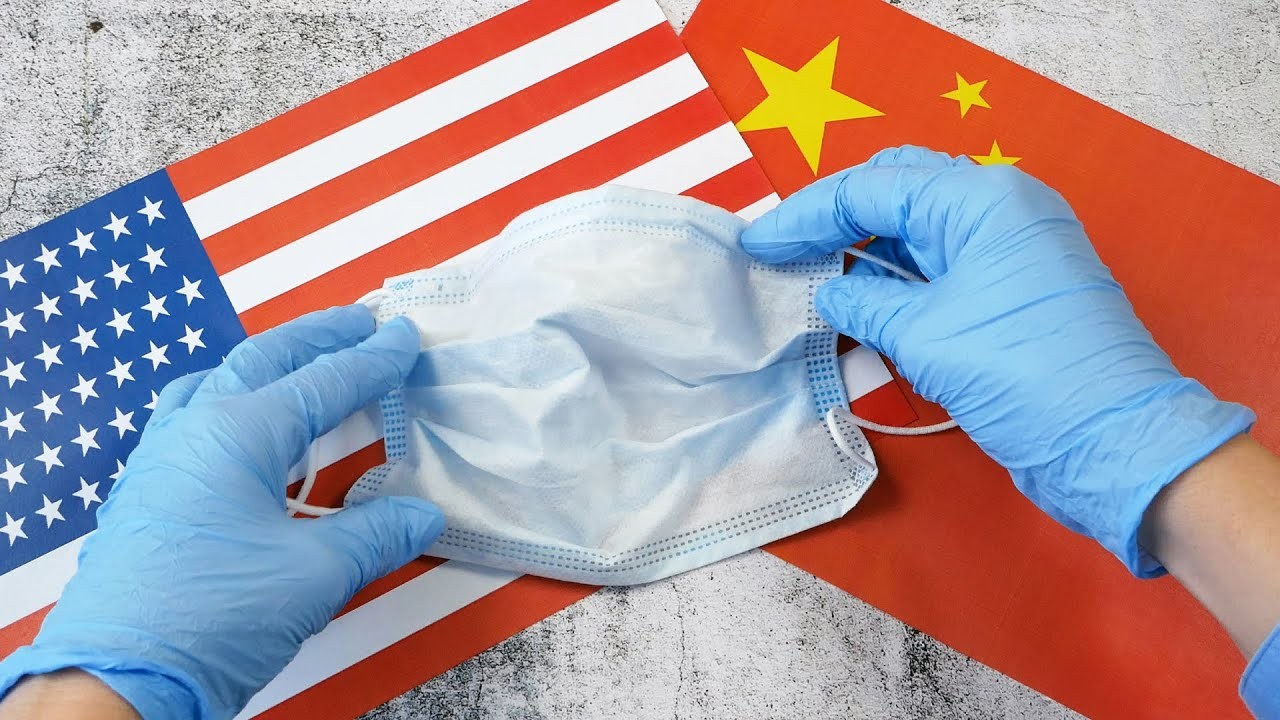What’s next for US-China relations after COVID-19? Hear from Columbia professor Shang-Jin WEI

As China and the US, the world’s two largest economies share divergent interests as well as some frictions over their financial ties, how these contradictions will resolve themselves in the years and decades following COVID-19 becomes a matter of concern. Dr. Shang-Jin WEI, Chazen Senior Scholar and N.T. Wang Professor of Chinese Business and Economy at Columbia Business School, spoke at a webinar presented by the Chazen Institute and the Initiative for Economic Policy of Columbia Business School about the chances and challenges in the new era of US-China trade relations. The webinar was moderated by Neil Irwin, Senior Economic Correspondent for The New York Times and Senior Advisor for the Initiative for Economic Policy at Columbia Business School.
Q1: How would you describe the evolving relationship between the US and China?
WEI: Before the crisis, the bilateral relationship was at a fork. It could go better or go worse, depending very much on the positions the governments would take. We could see a deterioration of the relationship now if somehow one side decides that having more tension serves a domestic political purpose. Also, if the two sides think cooperation serves the two countries’ interests better, then we will see more of that. Currently, the global community is looking forward to more collaboration, but it’s not necessarily the outcome, because this is the election year in the US and the governments need to decide on their positions. But, generally, there’s a voice for more cooperation to help recover the economy in times of crises.
Q2: Is there a reason to question the extant form of globalization, given the situation in many countries right now?
WEI: There are certainly voices calling for rethinking about global supply chains. Both the United States and China are among the most important notes in global supply chains for many sectors. Some people were asking for decoupling in the US before the pandemic, and now with a shortage of PPEs, many think maybe there’s even more reason to decouple, getting US production less dependent on Chinese supplies. But I would say the decoupling will not speed up in the short run. Ironically, I think in a pandemic, it’s even harder to engineer a decoupling because most firms are facing weakening financial conditions and relocating supply chains costs a lot of money. Over the long term, some international companies may relocate supply chains out of China, not because they’re paying heed to the government’s call for decoupling but because of the rising labor cost in China. We’re most likely to see what is called the “China+1 or China+2” kind of strategy that combines efficiency, resilience, and robustness in the global market.
Q3: How is the pandemic affecting China’s geopolitical ambitions across Asia, Africa, and other parts of the world?
WEI: Before the pandemic, China’s economic global ambition was best represented by two things, the Belt and Road and the internationalization of the Chinese currency. But things have changed. Now I think China may very well scale down its global ambition. We have seen a lot of pushback from other countries under these programs, and in the pandemic, many countries are calling for China to offer debt forgiveness or a moratorium on payments, which would result in lower returns in China’s foreign assets.
Q4: What do you think of President Trump’s response that China should be responsible for the coronavirus outbreak and the losses it caused?
WEI: Let me first note that the initial suppression of information in Wuhan was making things worse. It’s important to make sure that in the global community as well as in China science should dominate and there should be transparency. But it was a difficult situation then to make those decisions, and it happens all the time. There were AIDs outbreak, H1N1 virus, and even the global financial crisis started in the US. What I see in this pandemic is the need for more collaboration in the global community, in the short term, for example, more joint effort in developing a vaccine. And in the long term, there are many challenges that require collaboration, like climate change.
Q5: How would a change of party in the United States presidency affect the US-China relationship on economics?
WEI: We have to wait and see if there’s a strong demand for IP protection, lower trade barriers, and other things. I think the way one manages bilateral relationship can be different and the way the US manages was not necessarily productive. Many measures in the current phase of negotiation don’t automatically put China on the path toward a more market-oriented economic model. Actually, many measures in the agreements explicitly ask China to use non-market methods. Some are asking China to have government orders to divert the inputs from other countries toward US agricultural products and other goods, which puts China in the wrong direction. So, hopefully, the US will have a different approach. Whichever government in power may want to ensure supply chain management, and trade negotiations should be consistent in encouraging China to continue on a path to be more market-oriented.